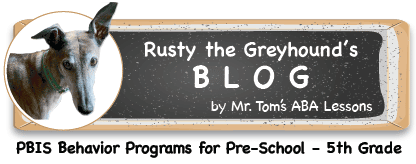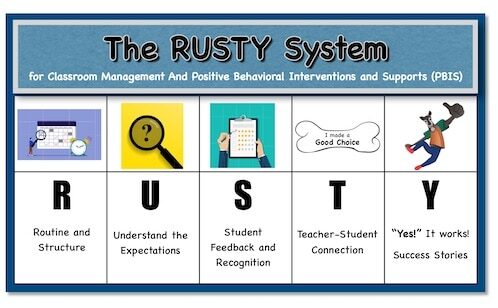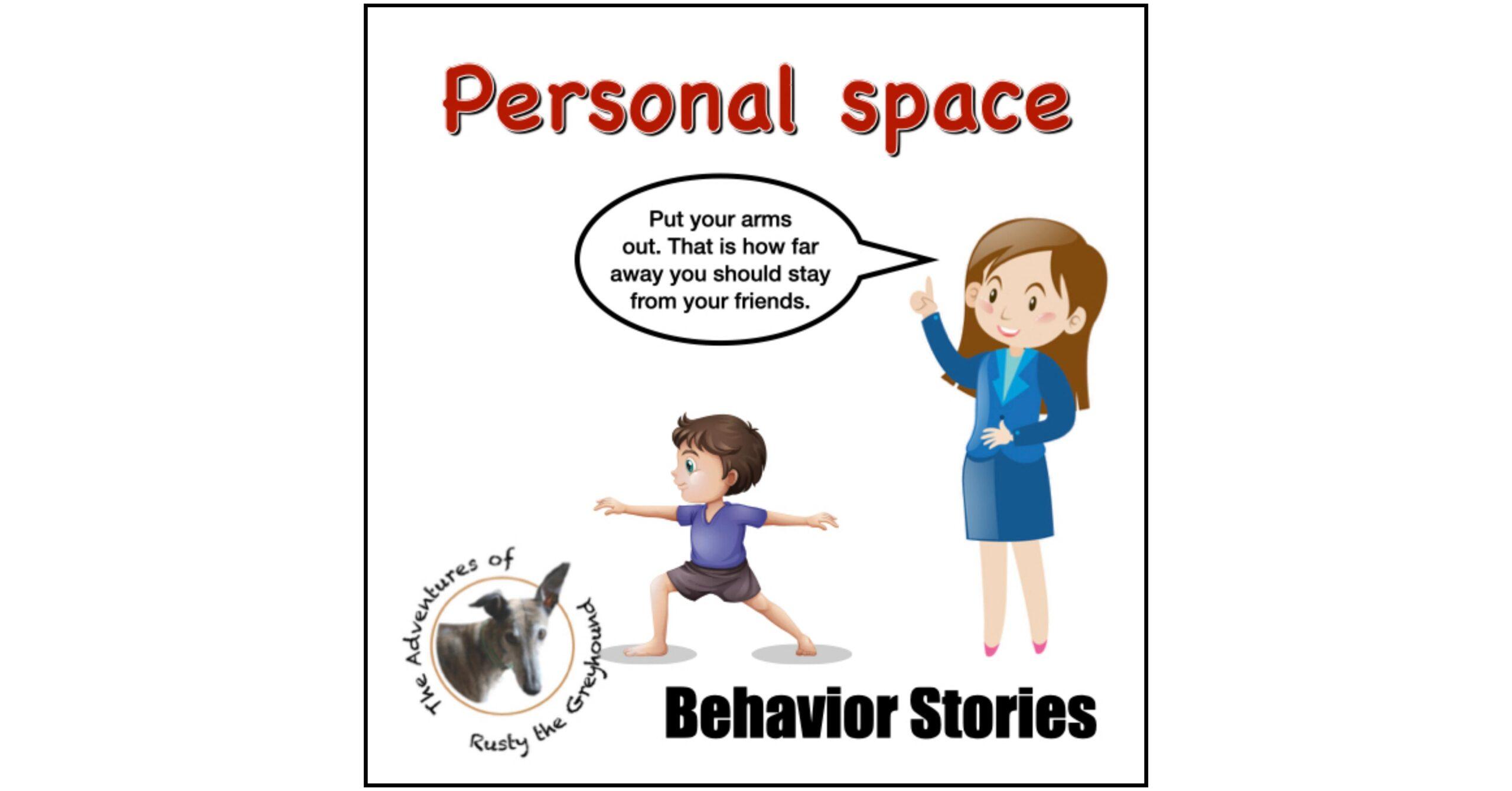
As you know, social expectations for touching apply to classroom environments. For example, consider a student who repeatedly invades others’ personal space by, touching peers and adults in the classroom without responding to instructions to stop. Based on Applied Behavior Analysis (ABA), certain classroom management strategies can decrease negative classroom behaviors, like touching peers and adults.
What are the benefits?
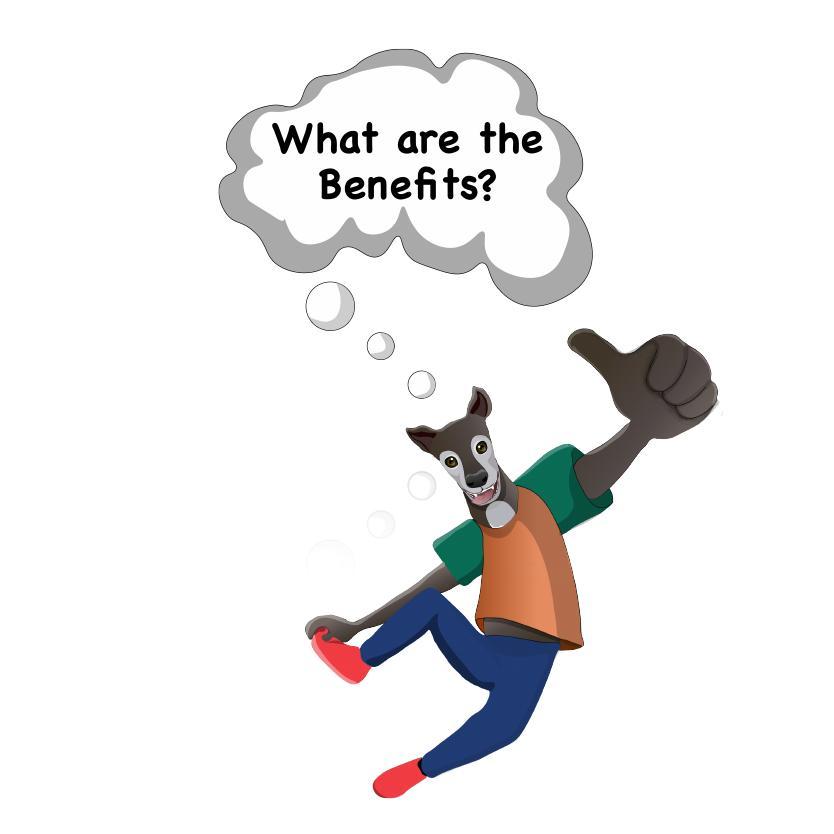
As the teacher, you want to limit classroom distractions, like uncalled-for touch. You can benefit every member of the classroom through routine and structure for how to respond to these situations. The safest, most productive classroom requires enforced classroom management strategies.
Why does this matter?
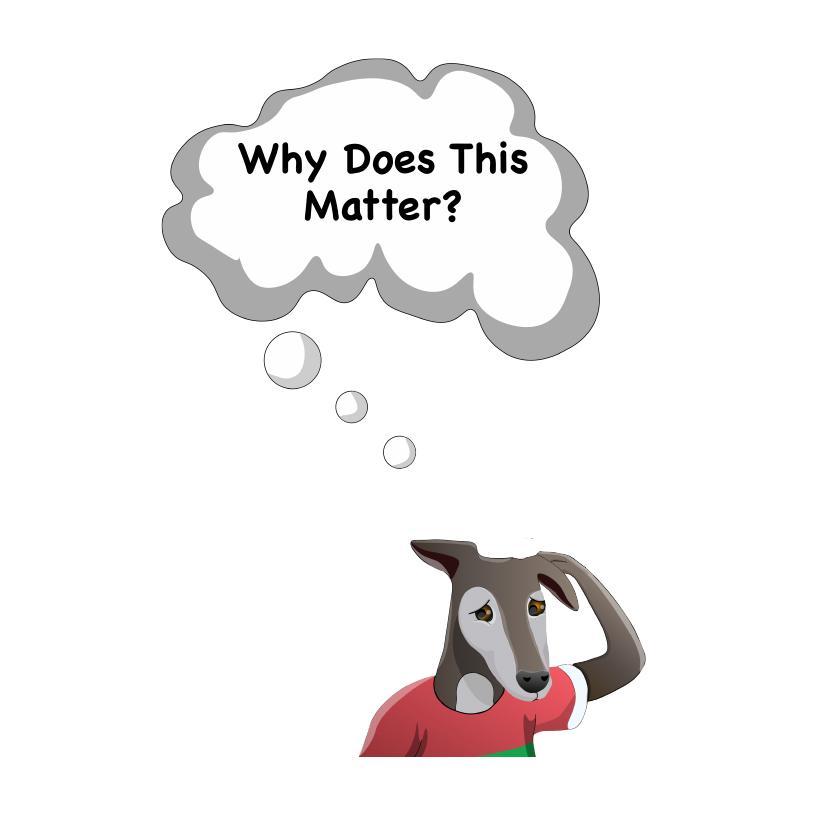
Students need boundaries. One of the most important boundaries they need to understand for positive classroom behavior is not touching peers or adults in the classroom. When students understand the expectations for physical touch, you promote a beneficial learning environment.
What does this look like?
Blake will go up to different people in his classroom and touch them without asking if he can. Sometimes he will touch their arms, and other times their face. If he doesn’t get a reaction, he occasionally will hit them.
A social story was created for Blake about being a spaceman and not getting too close to his friends. Keep reading this story several times a day. Do the first reading when he comes into school with a reminder before the morning meeting.
Give him frequent praise when he is a spaceman and not touching his friends. If he stops himself from touching or asks if he could touch them, then give more specific praise.
If he goes up to someone and touches them without asking, say, “you are not being a spaceman by touching [name].” At that point, model what Blake could have done instead of touching his friends—asking for a hug, offering a high five, or starting a conversation.
Model for him ways to initiate play and friendship using words. You could give him these examples: “Will you play with me?” and “Will you be my friend?”. In these ways, remind him he could be a spaceman.
Proactive Strategies
Role-play different situations with Blake at different times during the day. Encourage him to initiate conversation or play with a friend without touching them. Blake might want to play cars with someone, join the conversation, get someone’s attention, or help them follow directions better.
With routine and structure, all of your students will lessen negative classroom behaviors, like touching others. Utilize classroom management strategies based in ABA to allow the best learning environment.
Learning About Personal Space – Social Skills Behavior Story – SEL


